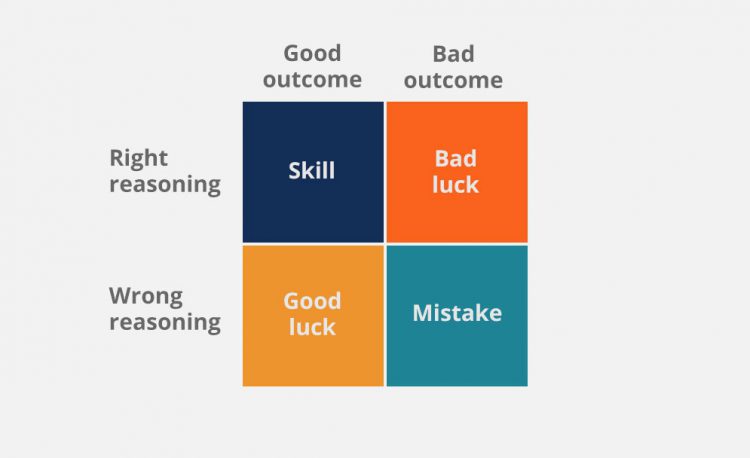TYPE OF COURSE INTENDED: UG/PG, MBA
AUDIENCE PREREQUISITES: BBA (Final) & MBA Finance
COURSE DURATION: 12 weeks
Course Outline
Behavioral finance uses insights from individual and group psychology to understand the persistent biases that are observed in financial decision makers. It uses these insights to draw conclusions about the impact on markets and prices.
Financial Economics is endowed with a foundation of rich theory. However, the quest for a better understanding of corporate financial decisions and of the behavior of financial markets is never ending. There is now an increasing acceptance of the fact that theories of financial decision making and asset price behavior has to incorporate the psychology of the actors involved. The recent crises in world markets have only strengthened this view.
Behavioral Finance – the youngest strain of thought in finance – seeks to incorporate the psychological biases of decision makers into models that explain the economic underpinnings of firm and market behavior. Behavioral finance uses insights from individual and group psychology to understand the persistent biases that are observed in financial decision makers. It uses these insights to draw conclusions about the impact on markets and prices.
Course overview
- Background Literature Review
- Interaction about previous knowledge on risk and return
- CAPM discussion
- Need of behavioral finance
- Terms in behavioral finance
- Judgment: Heuristic and Cognitive Biases
- Patterns and Fallacies
- Choice: Prospect Theory, Risk Tolerance and Aversion
- Self-Deception and Implications
- Emotions: Hope, Fear and Denial
- Context: Framing, Priming
- Group Behaviour and Herding, Fatal Attractions
- Investor Styles

